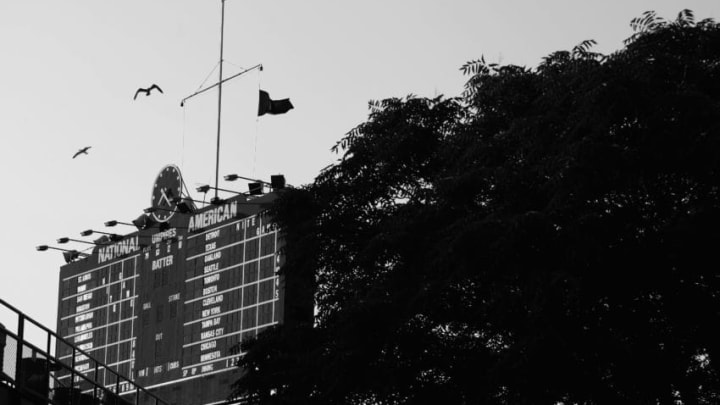
Chicago Cubs: Fighting back early
Down a touchdown after only a half-inning, the day seemed to be over before it even began. That is until the team stepped to the plate in the bottom half of the first. Chicago hammered out three straight singles to get on the board before power-hitting Dave Kingman stepped to the dish and hammered a three-run home run to put the Cubs within three runs.
Lerch left was replaced after just a third of an inning, like Lamp. The combined line scores: 2/3 innings pitched, 11 hits, 11 earned runs, zero strikeouts, three home runs allowed. Following two more hits, the Cubs had brought it within a run, and we were only through an inning.
It was as though for one glorious day, the baseball gods wanted just a little more entertainment from both teams and helped by bringing the gift of offense to the crowd of only under 15,000. However, if fans thought it was out of control by that point, they would be in for a treat.
